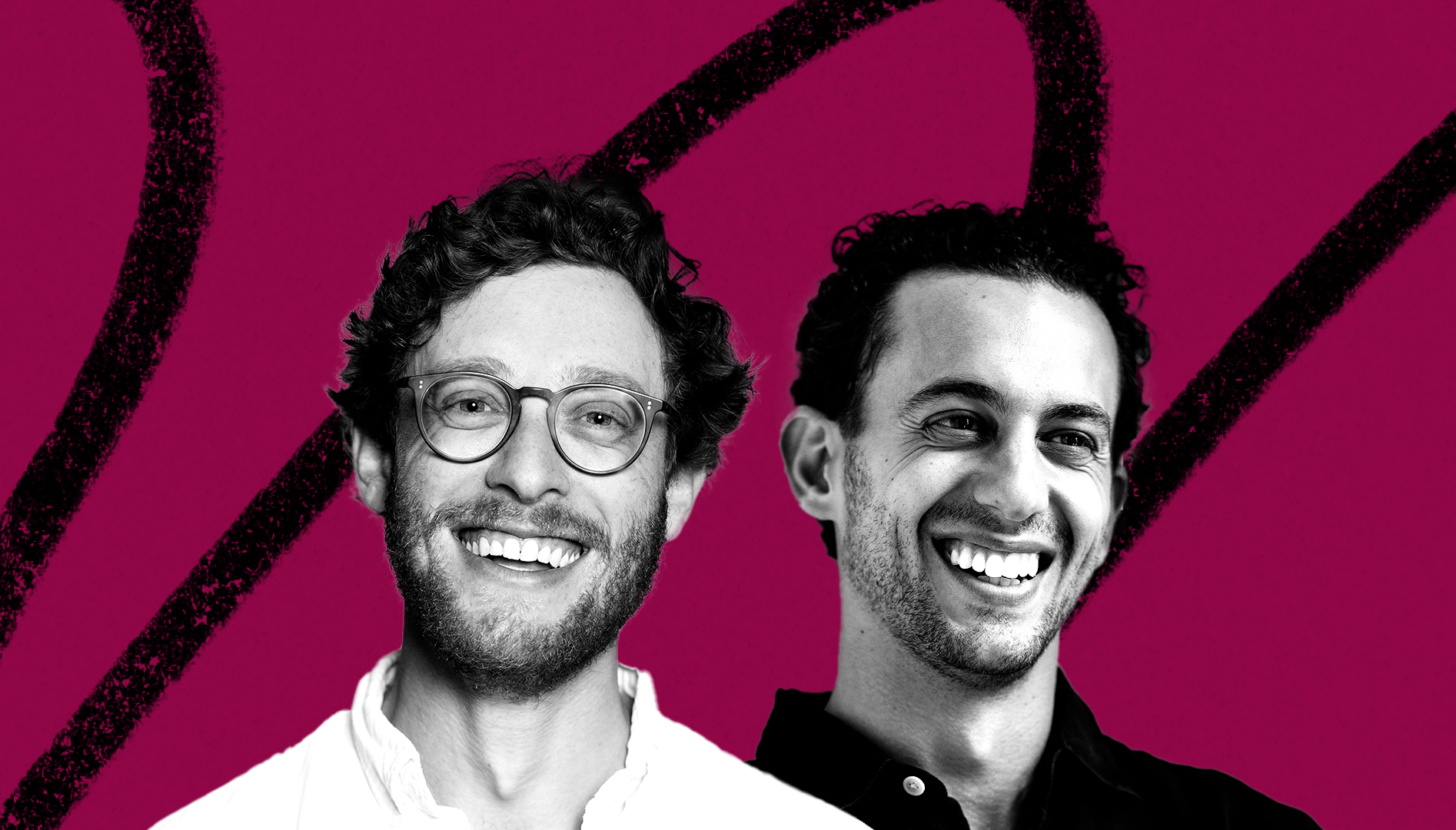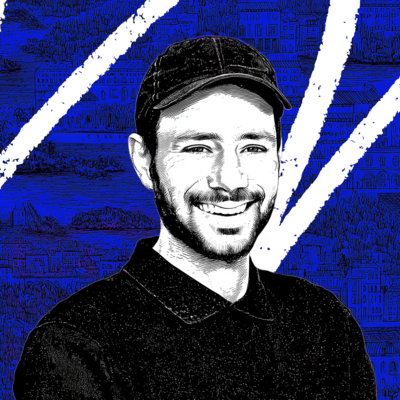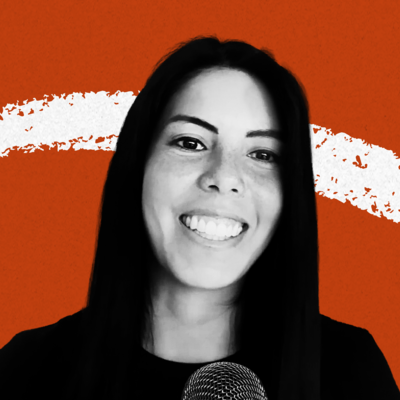
TL;DR: Today we’re releasing a new episode of our podcast AI & I. I go in depth with Brandon Gell, Every’s first entrepreneur in residence, and the former cofounder and CEO of insurance tech startup Clyde. We get into our journeys into the startup world, everything we’ve learned about entrepreneurship, and our philosophy around building at Every. Watch on X or YouTube, or listen on Spotify or Apple Podcasts.
We’ve been moving quickly at Every lately. In the last two months we’ve shipped:
- A new long-form essay about business and technology every weekday
- A new AI app to automate repetitive creative work, Spiral, which has 4,000 signups
- A new AI file cleaning app, Sparkle, which has already organized over 1 million files
- A new column with a talented writer about going 0-1 with AI, Learning Curve by Rhea Purohit
- A new cohort-based course to teach you how to write with AI taught by Evan Armstrong
It’s a lot! And there’s a lot more going on behind the scenes that I can’t talk about yet. I wrote an essay about Every’s “master plan” a month ago that explores some of what we’re doing and where we’re going. But I wanted to go deeper in a podcast episode. That’s what today’s show is all about.
I invited Every’s first entrepreneur in residence, Brandon Gell, to come on the show and turn the tables. For the first half of the episode Brandon interviews me about how we got here—starting from when I learned to code in middle school, to how I built mobile apps to help pay for gas and food in high school, to the startup that I ran and sold coming out of college, to the early days of Every.
Brandon was the perfect person to act as interviewer, because he’s one of the key reasons for our recent acceleration.
Before joining Every, Brandon was the cofounder and CEO of Clyde, a startup that helped brands launch their own insurance and warranty programs, where he raised $50 million and led a team of 100 before selling it to global insurance tech company Cover Genius in early 2023.
We dig into Brandon’s own story before joining Every and talk about the work he’s done since he’s been here, including how he got started building startups in college, how he founded Clyde, and what he learned building and selling it over seven years.
It’s the longest episode I’ve ever recorded, and it’s packed with lessons we’ve taken from founding and running startups over the course of our careers. We also talk extensively about how we think AI startups can create value, our recent product incubations, and the philosophy that underlies everything we do: to be ambitious, curious, and have fun while building. Here’s a link to the transcript of this episode.
This is a must-watch for anyone interested in building a calm, profitable business in the age of AI.
Watch on X or YouTube, or listen on Spotify or Apple Podcasts.
Go deeper with Brandon and Dan
Every paid subscribers can read the top takeaways from this episode, such as:
- The journey that led Dan to building Every, starting from the first smartphone app he sold in high school
- Everything Brandon learned about B2B businesses after running one for seven years
- Their take on how AI startups can find a valuable niche—and live demos of our apps, Spiral and Sparkle
Want to get all of this and more? Subscribe to Every below.
The Only Subscription
You Need to
Stay at the
Edge of AI
The essential toolkit for those shaping the future
"This might be the best value you
can get from an AI subscription."
- Jay S.
Join 100,000+ leaders, builders, and innovators

Email address
Already have an account? Sign in
What is included in a subscription?
Daily insights from AI pioneers + early access to powerful AI tools






.png)

